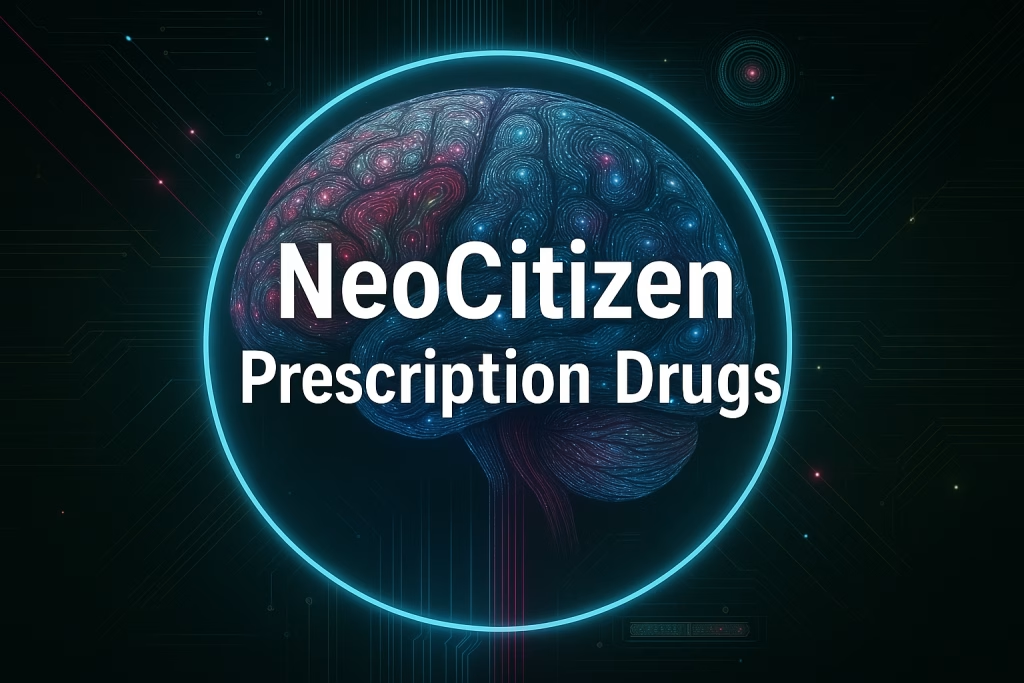
Looking to better understand Abilify (aripiprazole)? Whether you’re taking it or researching for a loved one, this comprehensive guide covers everything from uses and dosage to potential side effects, safety tips, interactions, and FAQs. Let’s dive into everything you need to know about this widely prescribed psychiatric medication.
What is Abilify?
Abilify is the brand name for aripiprazole, an atypical antipsychotic medication. It is commonly prescribed to treat mental health conditions by balancing chemicals in the brain, particularly dopamine and serotonin.
FDA-Approved Uses:
- Schizophrenia in adults and adolescents (13+ years)
- Bipolar I Disorder: For manic and mixed episodes in adults and children (10+ years)
- Major Depressive Disorder (MDD): As an adjunct treatment when antidepressants alone are not effective
- Autism-Related Irritability: In children aged 6–17 years
- Tourette’s Disorder: In children aged 6–18 years
Off-label uses may include generalized anxiety disorder (GAD), borderline personality disorder (BPD), and obsessive-compulsive disorder (OCD), but always under professional supervision.
For full prescribing information, visit the FDA label for Abilify.
How Does Abilify Work?
Abilify is unique among antipsychotics. Instead of fully blocking dopamine like typical antipsychotics, it partially stimulates dopamine and serotonin receptors, making it a dopamine system stabilizer. This helps improve mood, reduce hallucinations, and stabilize thoughts without over-sedation.
It is particularly helpful for those who have not responded well to other antipsychotic medications.
Abilify Dosage Guide
Adults:
- Schizophrenia: Start at 10–15 mg once daily; adjust as needed (max 30 mg/day)
- Bipolar I Disorder: Typically 15 mg/day
- Depression (adjunct): Start at 2–5 mg/day; increase gradually based on response (max 15 mg/day)
Pediatric Patients:
- Autism-related irritability: Start at 2 mg/day, increase to 5–10 mg/day
- Tourette’s disorder: Start at 2 mg/day, titrate to 5–20 mg/day depending on age and weight
Important: Doses should be personalized based on individual response, age, and health condition.
Visit the Mayo Clinic Abilify dosage page for more.
Common and Serious Side Effects
Common Side Effects:
- Nausea
- Vomiting
- Dizziness
- Constipation
- Headache
- Anxiety
- Restlessness or akathisia
- Weight changes (usually mild)
Serious Side Effects:
- Tardive Dyskinesia (involuntary face/muscle movements)
- Neuroleptic Malignant Syndrome (fever, muscle stiffness, confusion)
- High blood sugar (especially in diabetics)
- Suicidal thoughts or behavior (especially in youth)
- Seizures (rare)
Always consult your doctor if symptoms worsen or become unmanageable. View the full side effect profile at Drugs.com – Abilify.
Warnings and Precautions
- Elderly Patients: Not approved for dementia-related psychosis; may increase risk of death.
- Suicidal Risk: Increased in children, teens, and young adults.
- Metabolic Changes: Can lead to weight gain, high blood sugar, and increased cholesterol.
- Impulse Control Issues: Some people report urges to gamble, binge eat, or engage in risky behavior.
Avoid alcohol and other CNS depressants while on Abilify. Always inform your doctor of your full medical history before starting.
Drug Interactions
Abilify may interact with:
- Other antipsychotics (may increase side effects)
- Antidepressants like fluoxetine, paroxetine (may increase Abilify levels)
- Anticonvulsants (may reduce effectiveness)
- Blood pressure meds
- Sedatives, benzodiazepines, opioids
Use the Drugs.com Interaction Checker to double-check your current medications.
Special Considerations: Pregnancy & Breastfeeding
- Pregnancy: Use only if benefits outweigh risks. Animal studies show risk, but human studies are limited.
- Breastfeeding: Abilify passes into breast milk; consult your doctor before use.
Learn more via LactMed Database.
Frequently Asked Questions (FAQs)
How long does Abilify take to work?
Improvement can begin within 1–2 weeks. Full therapeutic effects are usually felt in 4–6 weeks.
Can I stop taking Abilify suddenly?
No. Always taper under medical supervision. Abruptly stopping may cause withdrawal symptoms like insomnia, anxiety, and relapse.
Is Abilify addictive?
It is not habit-forming, but misuse or stopping suddenly can cause withdrawal or symptom return.
Will Abilify make me gain weight?
Some people gain weight, though typically less than with other antipsychotics. Lifestyle changes can help manage this.
Tips for Taking Abilify Safely
- Take at the same time daily.
- Can be taken with or without food.
- Stay hydrated, especially in hot weather.
- Track your mood and side effects in a journal or app.
- Attend all follow-up appointments for dosage adjustments and lab tests.
Final Thoughts
Abilify (aripiprazole) can be life-changing for people with serious mental health conditions. Its unique mechanism of action and tolerable side effect profile make it a popular choice among healthcare providers. However, it’s not a one-size-fits-all solution. Monitoring, patience, and consistent communication with your healthcare team are essential.
Stay informed, and don’t hesitate to ask questions or advocate for your mental health.
Hashtags for Social Sharing
#Abilify #MentalHealthAwareness #Aripiprazole #PsychiatricMedication #BipolarDisorder #SchizophreniaTreatment #DepressionSupport #HealthBlog #MedicationGuide #PharmaFacts #NeuroHealth #MindMatters
References & Resources
Disclaimer: This guide is for informational purposes only and should not replace professional medical advice. Always consult your healthcare provider before starting, stopping, or changing any medication.













Great site! I am loving it!! Will come back again. I am taking your feeds also
Thank you for another informative site. The place else may
just I get that kind of info written in such a perfect approach?
I’ve a undertaking that I’m simply now operating on,
and I have been on the glance out for such info.
Take a look at my web site; https://Kreosite.com/index.php/Initiation_%C3%80_La_Chasse_Par_Les_Dessous_De_17_Ans
You’re so interesting! I don’t think I’ve truly read through
a single thing like that before. So good to find another person with a few unique thoughts on this topic.
Really.. thanks for starting this up. This website is one thing that’s needed on the internet,
someone with some originality!
Here is my page – https://playmobilinfo.com/index.php/La_Chasse_De_Subsistance_Au_Qu%C3%83_bec_:_Un_Style_De_Vie_Conventionnel
Nice share!